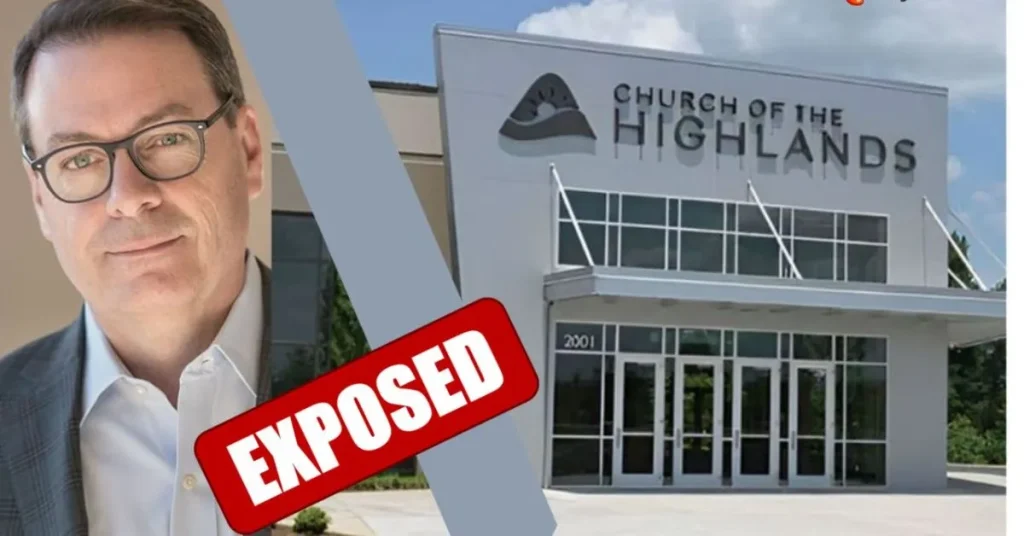Pastor Chris Hodges, the founding and senior pastor of the Church of the Highlands in Birmingham, Alabama, found himself at the center of a major scandal in 2024.
The controversy, which erupted after Hodges was found to have “liked” several controversial social media posts, quickly escalated into a broader examination of his leadership and the church’s practices.
The Controversy Unfolds
The scandal began when a Birmingham high school English teacher, Jasmine Faith Clisby, pointed out on Facebook that Hodges had repeatedly “liked” posts by Charlie Kirk, the president of the conservative non-profit Turning Point USA.
The posts in question were deemed racially insensitive and politically divisive by many, raising concerns about Hodges’ judgment and the church’s stance on social issues.
One particularly controversial post featured a meme comparing former President Donald Trump and Virginia Governor Ralph Northam, implying a double standard in how they were perceived regarding racial issues. Hodges was among those who “liked” this post, further fueling the controversy.

The Church’s Response
In response to the growing backlash, Hodges addressed the issue during an online sermon, acknowledging that some had questioned his character and stance on racism. He firmly stated that “white supremacy or any supremacy other than Christ, is of the devil” and that this was not what he believed.
The church also faced additional scrutiny when a lawsuit alleged that Hodges, along with other Church of the Highlands pastors, had engineered a takeover of a Florida church, an accusation that raised concerns about the church’s expansion tactics and leadership practices.
Impact on the Church
The scandal had a significant impact on the Church of the Highlands, exposing underlying tensions and raising questions about the institution’s true values. Critics argued that the church had prioritized growth and influence over its spiritual mission, losing touch with the communities it claimed to serve.
Pastor Chris Hodges talks about 20 years at the Church of the Highlands and how it's grown to the biggest church in Alabama. https://t.co/qqGq00ETkD pic.twitter.com/j4rq9xTMv3
— AL.com (@aldotcom) February 6, 2021
The controversy also highlighted the broader issue of declining trust in religious institutions. According to a 2019 Gallup poll, only 36% of Americans had a “great deal” or “quite a lot” of confidence in organized religion, down from 68% in 1975. Scandals like the one involving Hodges contribute to this erosion of trust, making it increasingly difficult for churches to maintain their credibility and influence.
The Path Forward
As the Church of the Highlands and Pastor Chris Hodges navigate the aftermath of the scandal, they face the challenge of rebuilding trust and restoring their reputation. This will require not just words but sustained action and transparency, as well as a renewed focus on the core values of the Christian faith.
Read more: 5 Essential Reasons Why Your Business Needs Insurance
For megachurches like the Church of the Highlands, the scandal serves as a wake-up call to balance growth with accountability and to remain relevant and inclusive in an increasingly diverse society.
The path forward is complex, but it begins with acknowledging the mistakes of the past and committing to a future guided by integrity, compassion, and a genuine commitment to serving the community



